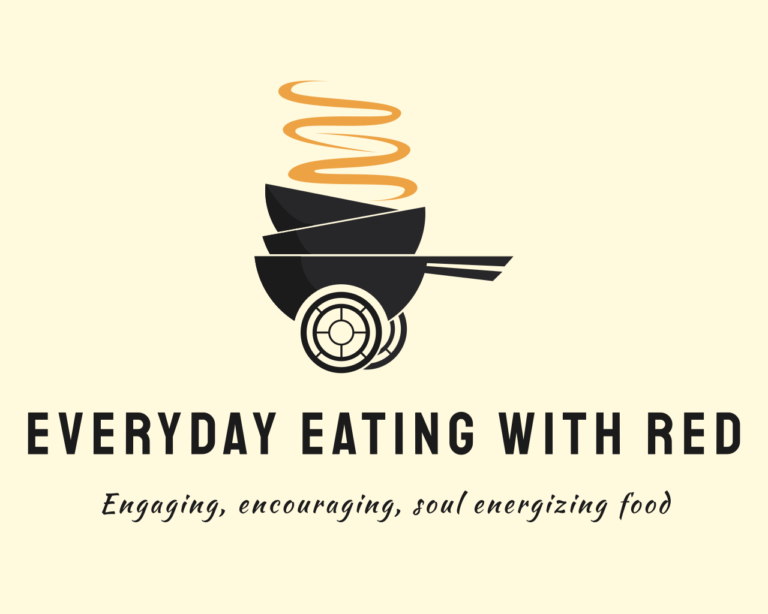It’s important to rely on scientific evidence and consult with registered dietitians or healthcare professionals for personalized and accurate nutrition information.
1. Myth: Eggs raise cholesterol levels and should be avoided.
Fact: Research has shown that dietary cholesterol, such as that found in eggs, has little impact on blood cholesterol levels for most people. Eggs are a nutritious food and can be part of a healthy diet.
2. Myth: Low-fat or fat-free foods are always healthier.
Fact: While reducing saturated fats and trans fats is important for heart health, many low-fat or fat-free foods compensate for the lack of fat by adding extra sugar, salt, or artificial additives. It’s important to read labels and choose whole, minimally processed foods.
3. Myth: Carbohydrates make you gain weight.
Fact: Carbohydrates are an important macronutrient and can be part of a healthy diet. Weight gain is more often related to consuming excess calories, regardless of the macronutrient source.
4. Myth: Snacking ruins weight loss efforts.
Fact: Healthy snacks can actually support weight loss efforts by preventing overeating at meals, stabilizing blood sugar levels, and providing important nutrients. It’s the choice of snacks that matters, so opt for whole, unprocessed snacks like fruits, vegetables, nuts, or yogurt.
5. Myth: All calories are the same, regardless of the food source.
Fact: While calories are important for weight management, the quality of those calories and the nutrients they provide also matter. Different foods can have different effects on hunger, hormones, and overall health.
6. Myth: You need to eat small, frequent meals to boost metabolism.
Fact: The effect of meal frequency on metabolism is minimal. The most important factor for weight management is the overall calorie balance. It’s more important to focus on eating a balanced diet that meets individual needs.
7. Myth: Detox diets and cleanses eliminate toxins from the body.
Fact: The body has its own natural detoxification processes, primarily carried out by the liver and kidneys. There is no scientific evidence to support the effectiveness of specific detox diets or cleanses.
8. Myth: All supplements are safe and effective.
Fact: While some supplements may provide benefits for certain individuals, not all supplements are regulated by the FDA, and there is limited scientific evidence to support many of their claims. It’s important to consult with a healthcare professional before starting any supplement.
9. Myth: Eating late at night causes more weight gain.
Fact: It’s the overall calorie intake and food choices throughout the day that have a greater impact on weight management than the time of day you eat. What matters most is maintaining a calorie balance that aligns with your goals.

